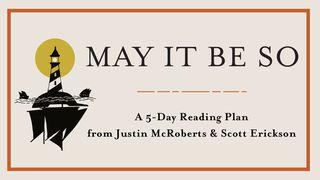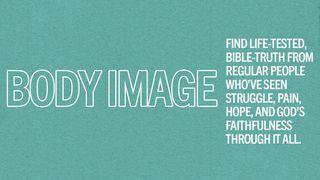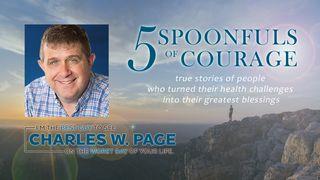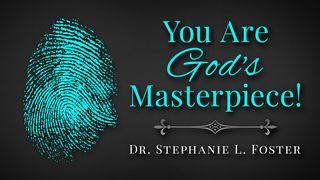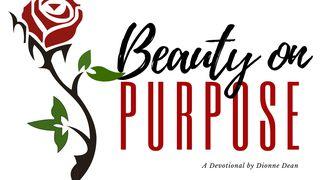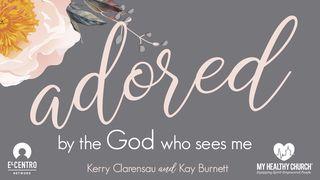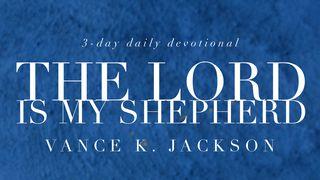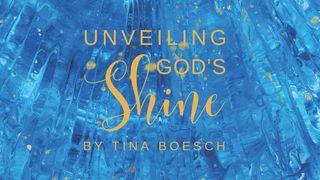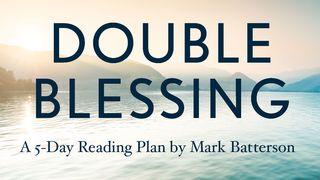Fearfully and WonderfullySample
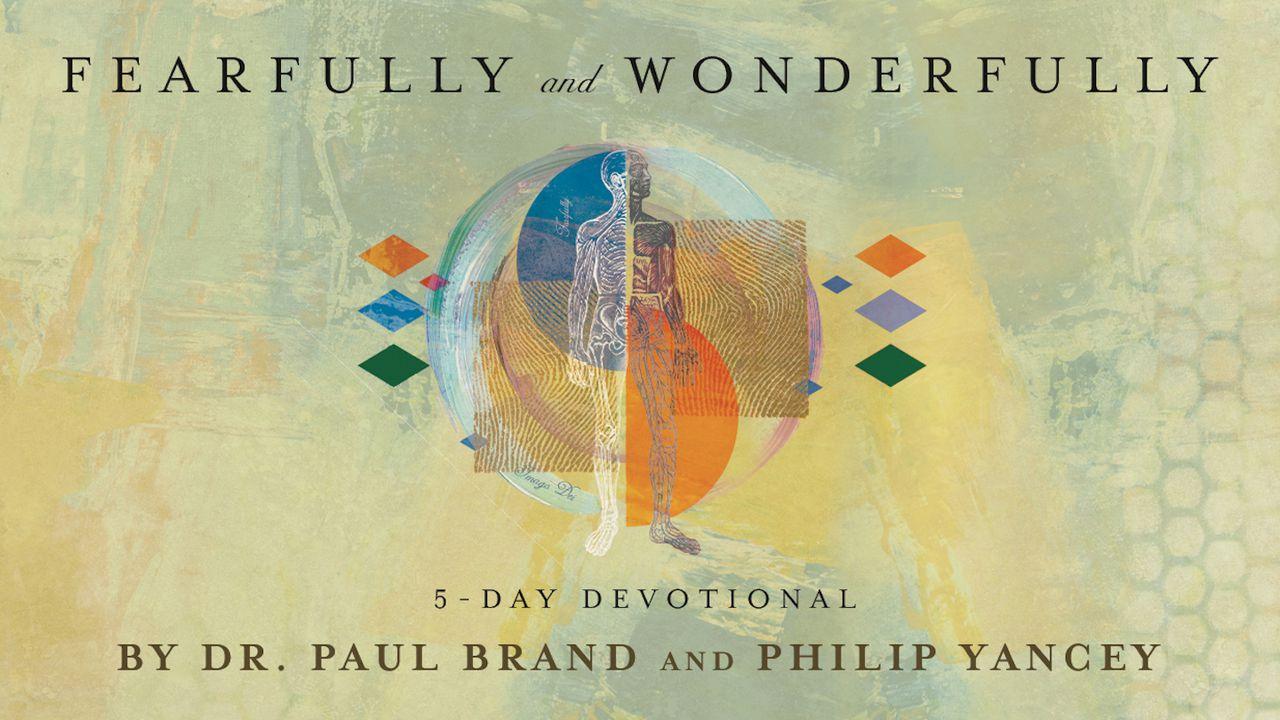
Learning from the Body
I close my eyes, blocking the view outside. Barefoot, I am wiggling the small bones in my right foot, half the width of a pencil and yet strong enough to support my weight in walking. I cup my hand over my ear and hear the familiar “seashell” phenomenon, actually the sound of blood cells rushing through the capillaries in my head. I rub my finger across my arm and feel the stimulation of touch cells, 450 of them packed into every one-inch-square patch of skin.
When my cells work well together, I’m hardly conscious of their existence. Instead, I feel the composite of their activity known as Paul Brand. My body, composed of many parts, is one.
I picture the human body as a community made up of individual cells. The white blood cell, for example, closely resembles an amoeba, though it possesses far less autonomy. A larger organism determines its duties, and it must sometimes sacrifice its life for the sake of that organism. Yet the white cell performs a singularly vital function. The amoeba flees danger; the white cell moves toward it. A white cell can keep alive a person like Newton or Einstein—or you and me.
The cell is the basic unit of an organism; it can either live for itself, or it can help form and sustain the larger being. The same principle applies to human groups, such as neighborhood communities and even nations. “Ask not what your country can do for you,” President John F. Kennedy challenged Americans, “ask what you can do for your country.” Membership has its privileges and also its conditions.
The apostle Paul explored this analogy in 1 Corinthians 12, a passage that compares the church to the human body. While Paul speaks of hands and feet and ears, I like to think of it in terms of the body’s cells. That analogy conveys a more precise meaning to me because though a hand or foot or ear cannot have a life separate from the body, a cell does have that potential. It can live in the body as a loyal member, or it can cling to its own autonomy. Some cells do enjoy the body’s benefits selfishly while maintaining complete independence—we call them parasites or cancer cells. From the human body, we learn important lessons on how to bear God’s image.
Scripture
About this Plan

The human body holds endlessly fascinating secrets. The resilience of skin, the strength and structure of the bones, the dynamic balance of the muscles—your physical being is knit according to a pattern of stunning purpose. Discover here the eternal truths revealed by our seemingly ordinary existence. The human body is a window into the very structure of God's creation and a testament to God's glory.
More
We would like to thank InterVarsity Press for providing this plan. For more information, please visit: https://www.ivpress.com/fearfully-and-wonderfully?utm_source=youversion&utm_medium=reading-plan&utm_campaign=youversion
